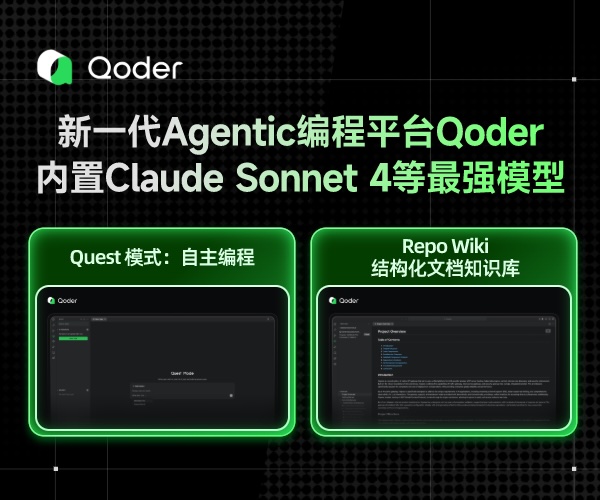第一题
def char_count(text):
count = 0
for char in text:
if char == 'a':
count += 1
return count
result = char_count("89alskdjf;auqkaaafasdfiojqln")
第二题
def judge_length(data):
if len(data) > 5:
return True
return False
result = judge_length("武沛齐武沛齐")
print(result)
第三题
def get_bigger(num1, num2):
if num1 > num2:
return num1
return num2
result = get_bigger(11, 22)
第四题
def write_file(name, gender, age, degree):
data_list = [name, gender, age, degree]
data = "*".join(data_list)
with open('student_msg.txt', mode='a', encoding='utf-8') as file_object:
file_object.write(data)
write_file("武沛齐", "男", "18", "博士")
第五题
import os
def select_content(file_path, key):
# 补充代码【位置1】
if not os.path.exists(file_path):
return
data_list = []
with open(file_path, mode='r', encoding='utf-8') as file_object:
for line in file_object:
if key in line:
data_list.append(line)
return data_list
result = select_content("files/xxx.txt", "股票")
if result == None:
print("文件不存在")
else:
print(result)
第六题
def change_string(origin):
# 补充代码,将字符串origin中中的敏感词替换为 **,最后将替换好的值返回。
data_list = ["苍老师", "波多老师", "大桥"]
for item in data_list:
origin = origin.replace(item, "**")
return origin
text = input("请输入内容:")
result = change_string(text)
print(result)
第七题
import hashlib
from openpyxl import load_workbook
def get_user_dict():
user_dict = {}
wb = load_workbook("files/user.xlsx")
sheet = wb.worksheets[0]
for row in sheet.rows:
user_dict[row[1].value] = row[2].value
return user_dict
def encrypt(origin):
origin_bytes = origin.encode('utf-8')
md5_object = hashlib.md5()
md5_object.update(origin_bytes)
return md5_object.hexdigest()
user = input("请输入用户名:")
pwd = input("请输入密码:")
encrypt_password = encrypt(pwd)
user_dict = get_user_dict()
db_password = user_dict.get(user)
if encrypt_password == db_password:
print("登录成功")
else:
print("登录失败")




 浙公网安备 33010602011771号
浙公网安备 33010602011771号